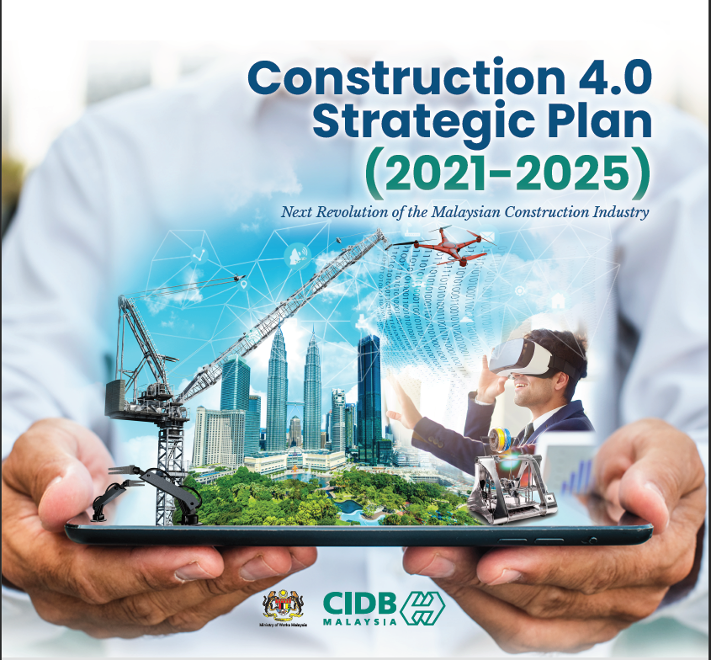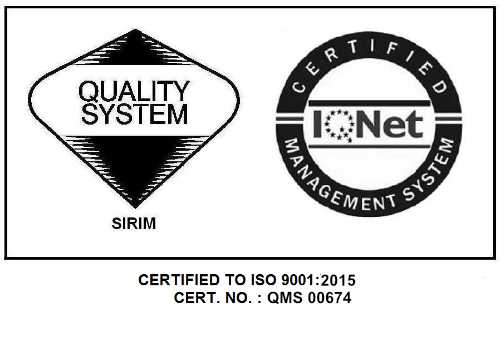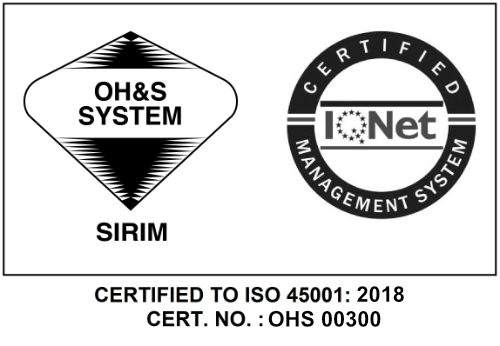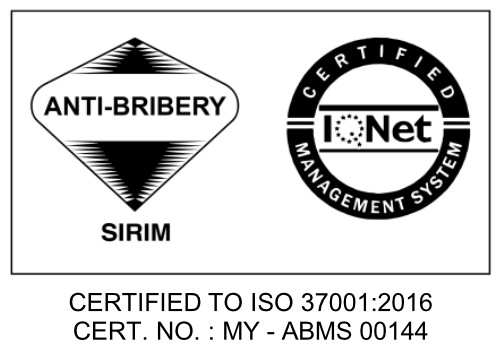CR 4.0 Dalam Pembinaan

Apakah CR 4.0?
Revolusi Perindustrian Keempat yang sering diperkatakan kebelakangan ini memerlukan industri pembinaan berubah seiring dengan pembangunan pesat teknologi dan sistem lebih pintar. Revolusi ini menandakan munculnya sistem fizikal siber yang bakal mengubah proses pembinaan di masa hadapan. Penekanan terhadap penggunaan teknologi beserta keperluan peningkatan kemahiran dan pengetahuan menjadi asas yang penting bagi menghadapi perubahan ini. Sejajar dengan perubahan ini, Kementerian Kerja Raya (KKR) melalui Lembaga Pembangunan Industri Pembinaan (CIDB) Malaysia dan kerjasama pihak berkepentingan dalam industri pembinaan sedang membangunkan satu Pelan Strategik Pembinaan 4.0 (2021-20250) bagi membantu industri pembinaan mendepani perubahan ini.
Pelan Strategik Pembinaan 4.0 merupakan satu pelan jangka masa pendek CIDB, untuk tempoh 5 tahun, yang akan menjadi asas bagi merangka program untuk meningkatkan keupayaan industri pembinaan dalam alaf industri 4.0. Pelan strategik ini dibangunkan selaras dengan agenda Wawasan Kemakmuran Bersama (WKB) 2030 dan Dasar Industri 4.0 Nasional (Industry4WRD). Ia juga turut menyokong dan melengkapi dasar-dasar nasional yang lain antaranya adalah Pelan Hala Tuju Strategik Internet of Things (IoT) Kebangsaan, Rangka Kerja Bandar Pintar Malaysia, dan Dasar Ekonomi Digital.
Pelaksanaan Pelan Strategik Pembinaan 4.0 ini akan didorong oleh 4 enablers atau pemboleh yang terdiri daripada:
- Enabler 1- People
- Enabler 2- Integrated technologies
- Enabler 3- Economy
- Enabler 4- Governance
Keempat-empat pemboleh akan menjadi asas bagi memastikan perubahan terhadap Pembinaan 4.0 dapat direalisasikan, seterusnya membentuk satu ekosistem yang lengkap dalam menghadapi perubahan ini. Disamping itu, Pelan Strategik Pembinaan 4.0 juga telah mengenalpasti 12 teknologi utama atau turut dikenali sebagai “disruptive technologies” yang akan mengubah lanskap industri pembinaan di masa hadapan. 12 teknologi tersebut adalah:
- 1. Building Information Modelling (BIM)
- 2. Pre-fabrication and Modular Construction
- 3. Autonomous Construction
- 4. Augmented Reality & Virtualisation
- 5. Cloud and Realtime Collaboration
- 6. 3D Scanning and Photogrammetry
- 7. Big Data & Predictive Analysis
- 8. Internet of Things
- 9. 3D Printing and Additive Manufacturing
- 10.Advanced building materials
- 11. Blockchain
- 12. Artificial Intelligence
Perubahan yang perlu dilakukan dalam era industri 4.0 adalah kompleks dan dinamik selaras dengan arus perubahan teknologi yang akan kita alami di masa hadapan. Perkara ini menuntut satu tadbir urus yang efisien dan hubungan kerjasama yang baik antara pelbagai pihak termasuk pihak kerajaan, industri, akademia dan masyarakat. Setiap pihak perlu memainkan peranan penting bagi memastikan kelangsungan usaha dalam mengubah industri pembinaan kearah berdaya saing dan seterusnya menjadi penyumbang kepada pembangunan ekonomi negara.
Industri pembinaan berada di ambang revolusi. Ketika teknologi terus membentuk semula dunia kita, amalan pembinaan konvensional yang diamalkan selama ini kini boleh dirancang dan dibayangkan melalui lensa atau paparan inovasi digital. Construction 4.0: A Guide for Digital Transformation — sebuah penerokaan komprehensif ke dalam masa depan pembinaan, di mana peralatan dan perkakasan digital, teknologi pintar, dan proses inovatif digabungkan untuk mengubah cara kita merancang, membina, dan mengurus industri pembinaan kita.
Dalam panduan ini, kita akan mendalami konsep-konsep utama Construction 4.0, dengan mengungkap potensi teknologi-teknologi canggih seperti Building Information Modelling (BIM), Internet of Things (IoT), Artificial Intelligence (AI), robotik, dan banyak lagi. Kita akan didedahkan bahawa perkembangan kemajuan teknologi ini bukan sahaja dapat meningkatkan kecekapan dan produktiviti, bahkan dapat mendorong ke arah kemampanan, keselamatan, dan berdaya tahan dalam sektor pembinaan.
Panduan ini juga diterbitkan sebagai sumber utama bagi Standard Industri Pembinaan CIS 18: Manual for IBS Content Scoring System (IBS Score). Standard ini menekankan keberkesanan penghasilan dan mutu kerja melalui peningkatan produktiviti dan penggunaan teknologi bagi mencapai skor yang baik dalam penilaian IBS Score. Dalam masa yang sama, panduan ini menyenaraikan prinsip-prinsip yang membantu dan menyokong ke arah pelaksanaan Industrial Building System (IBS) dalam projek pembinaan. Transformasi kaedah pembinaan daripada kaedah konvensional kepada IBS adalah penting di dalam meningkatkan keupayaan industri pembinaan di Malaysia selari dengan perkembangan kemajuan teknologi terkini.
Masa depan industri pembinaan telah tiba. Bersama kita mendalami Construction 4.0, di mana inovasi bertemu tradisi, dan masa depan pembinaan sedang dibina hari ini.
Info lanjut
Program Untuk Industri







